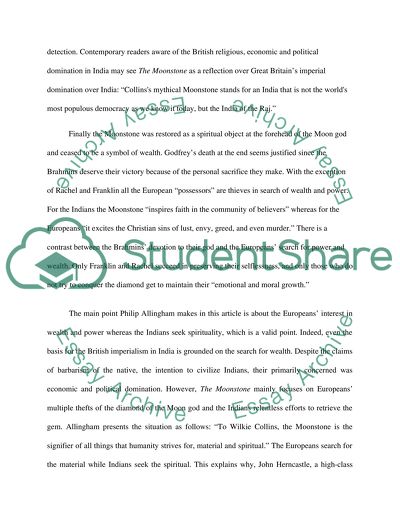Cite this document
(“Extended Annotated Bibliography on The Moonstone by Wilkie Collins Essay”, n.d.)
Retrieved from https://studentshare.org/literature/1451118-extended-annotated-bibliography-on-the-moonstone
Retrieved from https://studentshare.org/literature/1451118-extended-annotated-bibliography-on-the-moonstone
(Extended Annotated Bibliography on The Moonstone by Wilkie Collins Essay)
https://studentshare.org/literature/1451118-extended-annotated-bibliography-on-the-moonstone.
https://studentshare.org/literature/1451118-extended-annotated-bibliography-on-the-moonstone.
“Extended Annotated Bibliography on The Moonstone by Wilkie Collins Essay”, n.d. https://studentshare.org/literature/1451118-extended-annotated-bibliography-on-the-moonstone.


